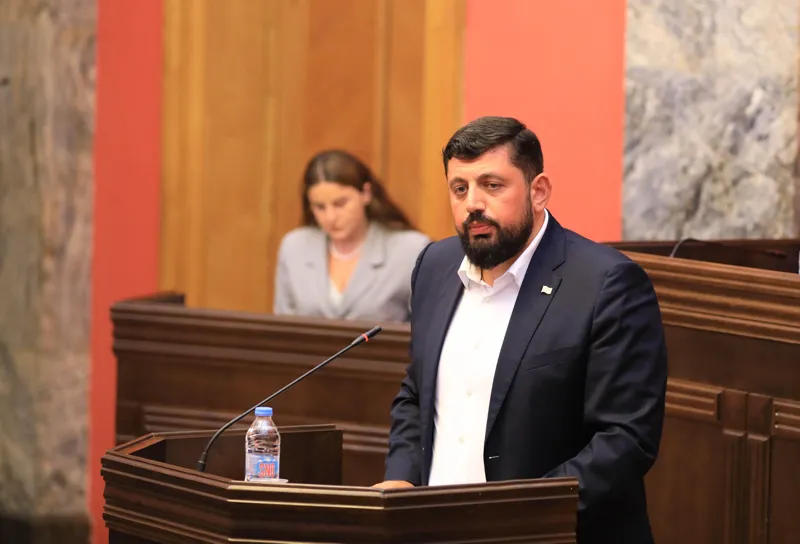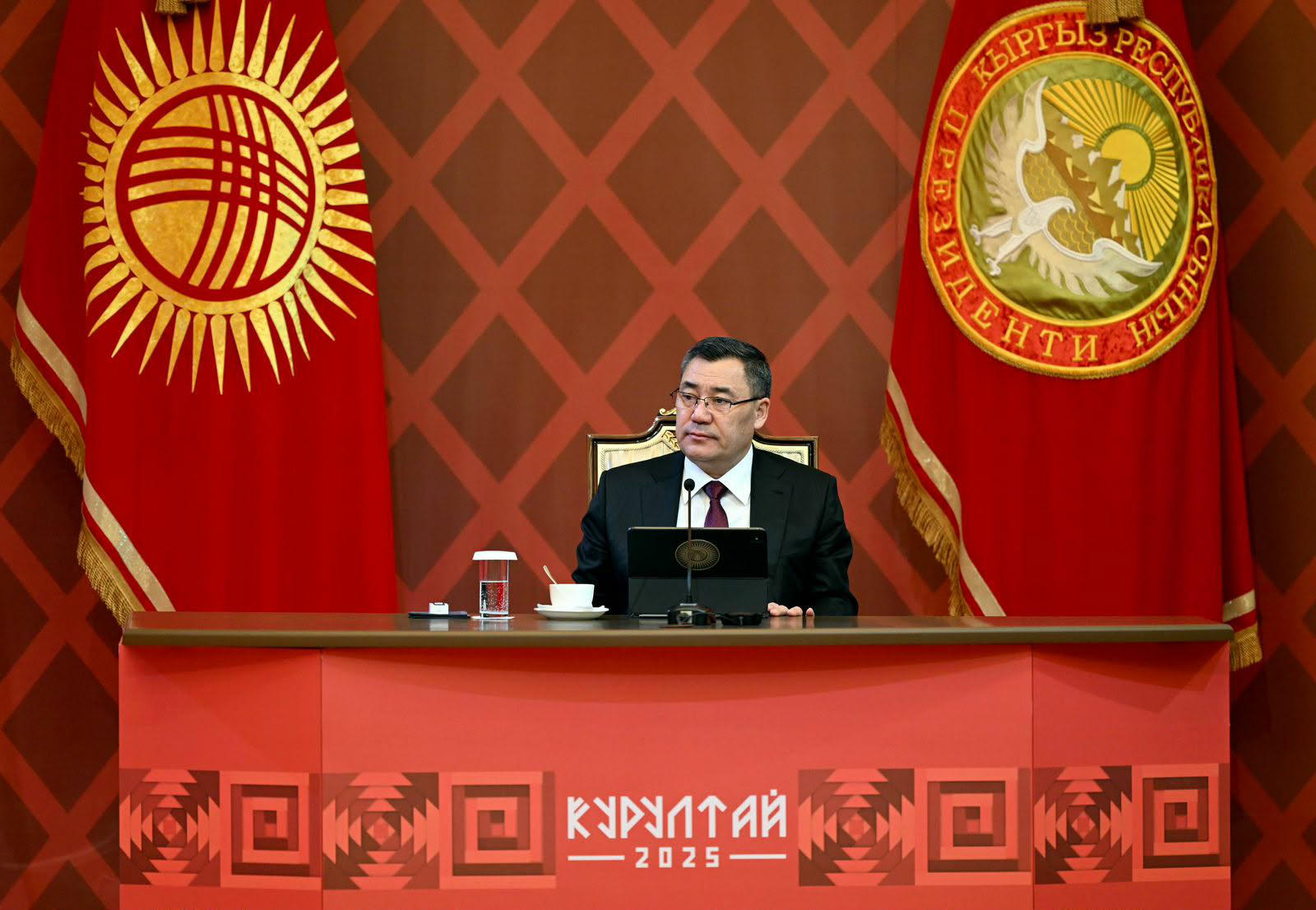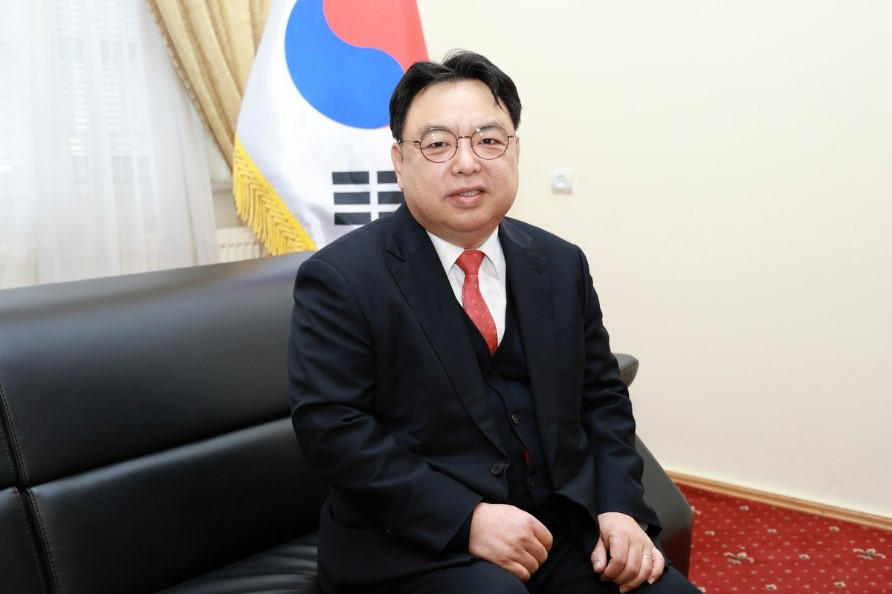Razhden Kuprashvili: We are creating a special platform where organizations will be able to digitize information about grants in a way that ensures the protection of personal data

"It is very important that, during the grant acquisition process, monitoring is carried out in a way that does not create any additional discomfort for honest organizations.
We are creating a special platform where each organization will have the opportunity to digitize information about its grants in a manner that fully protects all personal data," said Razhden Kuprashvili, head of the Anti-Corruption Bureau, during a joint session of two parliamentary committees, where he presented the bureau’s activity report.
As Kuprashvili explained, in such cases, the Anti-Corruption Bureau will rely on the digitized information provided directly by the organizations themselves. He emphasized, however, that "this does not apply to cases where an organization covertly engages in other activities."
While discussing the implementation of the “Foreign Agents Registration Act” (commonly referred to as FARA) and the amendments to the "Law on Grants" adopted by Parliament, Kuprashvili repeatedly stated that efforts are being made to discredit the process.
"Unfortunately, a disinformation campaign is underway, which has taken on forms of intimidation. We've held open consultations and meetings with many NGOs, including international organizations. Next week, we are planning meetings with about 400 organizations.
Not everyone is opposed to the law. There has been some confusion regarding it. When we engage in dialogue, we clearly distinguish between issues. No one has a problem with transparency.
Sadly, we’ve encountered a situation where NGOs and donor organizations in this country have done a lot of good work — but some of those good works have been used to conceal hidden activities, including financing political parties or taking actions that benefit political parties.
The Law on Grants and the FARA legislation have made it possible to separate such covert activities from the legitimate work of NGOs. On the contrary, honest organizations are more interested in being transparent and allowing citizens to understand their work. Respect for their good work will only increase through this commitment to transparency. There will be no stigmatization of legitimate activity.
Many organizations understand this well, but others — whose work is politically motivated and whose motives are known to both us and the public — do not want to understand. Any funding linked to political activity must be transparent, and citizens of this country have a right to know about it through the FARA mechanism.
Those who oppose this transparency for citizens — well, that’s another matter. The law has its own regulations. We will strive to identify all such cases through an open and transparent process!”
Kuprashvili added that on the first day of the FARA website’s launch, it received nearly 50,000 visitors, and many organizations contacted the bureau for professional consultations. He stated that in almost 99% of cases, registration under FARA was not required, since “the purpose of FARA is political activity.”
Razhden Kuprashvili presented the bureau’s report during the joint session of the Parliamentary Committees on Human Rights Protection and Legal Affairs.


